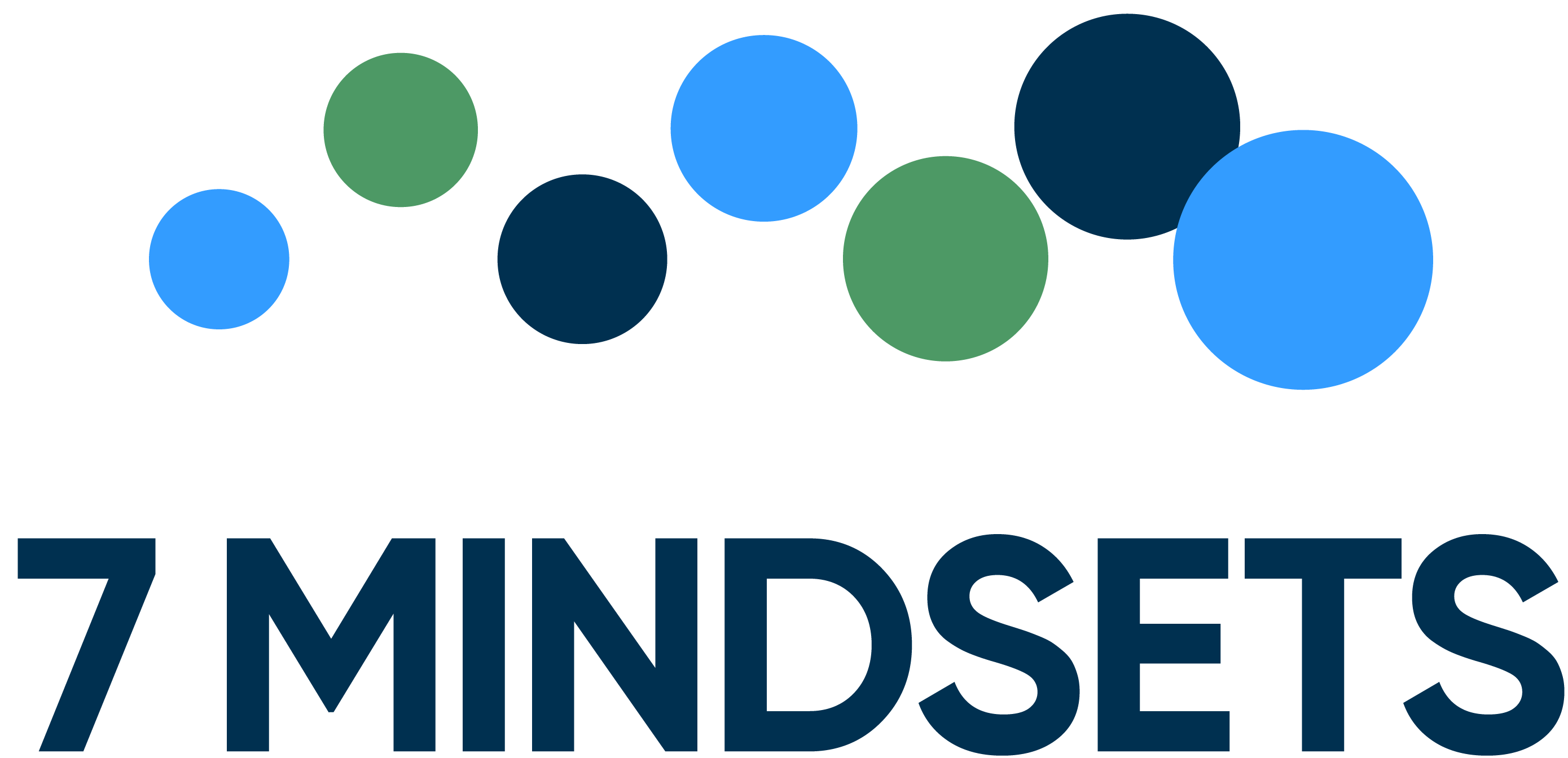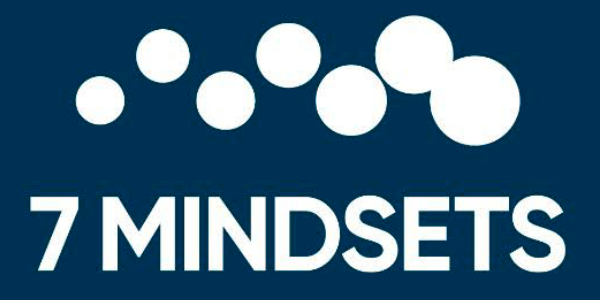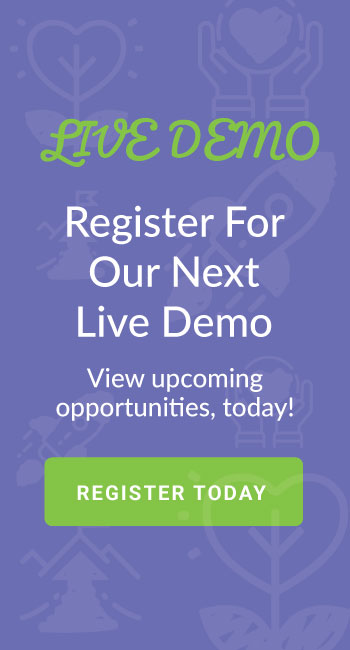By Brandon Hubbard

With our district demographics, it’s no secret that—to be considered a high-performing school—our students are going to have to hurdle some barriers. As a small rural district in Texas where 92% of students have families that are economically disadvantaged and where 68% of students are at risk, we place a big emphasis on social and emotional learning (SEL) and its value in the educational environment.
Three years ago, we implemented an SEL curriculum that’s not only helped students overcome some of life’s natural barriers, but has also given both our teachers and students the mental framework they need in order to achieve high performance both in and out of the classroom. Getting there requires grit, persistence, and resilience, and the ability to push past mental limits to reach new levels of achievement.
Here’s how our 7 Mindsets SEL curriculum helps our district reach these goals:
- Supports strong culture. I’m a firm believer in the fact that culture precedes achievement. If you’re going to have sustained high achievement, you need a culture that allows for that. What we needed was a culture of resilience, grit, and “everything is possible.” If your team, your students, and your staff don’t have the mental framework or the belief system to overcome the challenges, then sustained achievement won’t happen. That’s why SEL is non-negotiable; culture is always going to precede achievement.
- Provides a teacher-ready curriculum. Our SEL curriculum includes an online portal, student lessons, and parent resources. User-friendly and teacher-ready, it was developed for all students and doesn’t require teachers to do a whole lot of searching and gathering to present a lesson. The curriculum’s lesson plans help guide the discussions, its clips are relevant, and implementation was easy.
- Helps teachers lead the way. On “Mindset Mondays,” our staff members wear our 7 Mindsets shirts, just so that we are all sending the same message to students. Every Monday, students go over the assigned mindset, and every teacher has access to the portal, the lesson, and the schedule. They then lead their students through the SEL curriculum process and lessons.
- Garners leadership buy-in. We hired a new principal for our secondary school and she started doing “Mindset Slips.” If someone exhibited a mindset that we had already covered, then he or she received a positive “Mindset Slip” that was read over the loudspeaker and posted on the board. This helped drive more buy-in for our SEL curriculum from the leadership level, with elementary principals beginning to recognize exhibited mindsets. This really helped us become who we are as a district.
- Brings SEL to life. We challenged student organizations to do community events that were focused around our SEL curriculum, including a coat and blanket drive. Several of our athletics department leaders ran the drive and delivered blankets to one of the nursing homes. They also delivered cards around the Christmas season to the nursing homes as their representation of the “live to give” mindset. We’ve also had food drives, carnivals, and other events to bring the community together and support our “attitude of gratitude” mindset.
From “F” School to “B” School, and Beyond
As a standardized testing state, Texas uses district demographic data to conduct cycle analytics. Through this process, it has identified a high percentage of our student as being low-SES, ESL learners, and at-risk. As such, our district was predicted to perform at an “F” level. I used that as kind of a rallying cry for our teachers and while we’re not where we want to be yet, we are going to get there.
For the most recent school year, we received an 87 rating—it’s a “B” rating and just three points away from an “A.” I do believe that the grit that is directly related to our use of an SEL curriculum, and by having students participate in Mindset Mondays, watch the videos, and read the quotes. We also recognize students/teachers for exhibiting certain mindsets. Combined, these have all impacted student performance.
Going forward, my broader vision for the Chilton community is to go beyond using our SEL curriculum on campus and for community events, but to also include churches and youth groups in this effort. Social and emotional learning is truly a community undertaking; if you want to drive positive change within your system and truly develop good, empathetic citizens, then SEL has to be a major part of everything you do.
Brandon Hubbard is Superintendent at Chilton Independent School District in Texas.
Credits: Article originally featured on eSchool News



